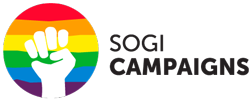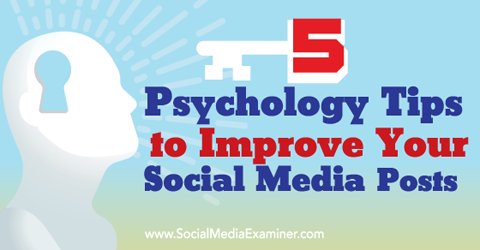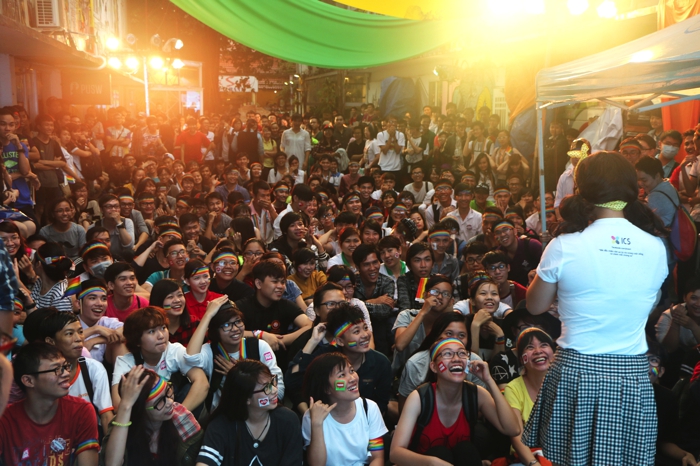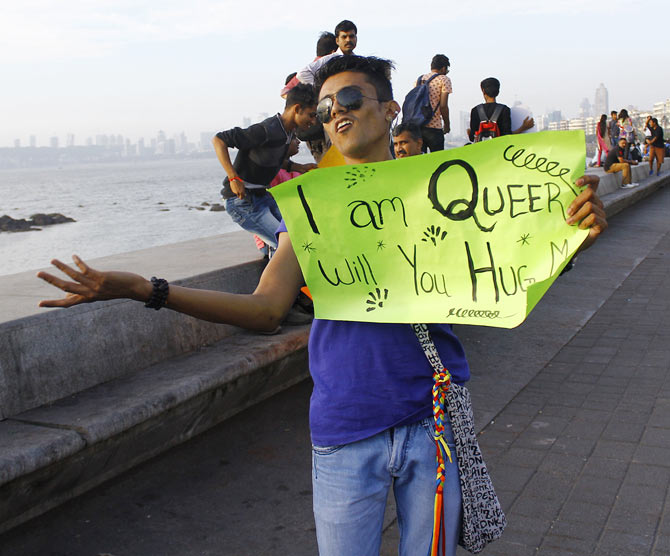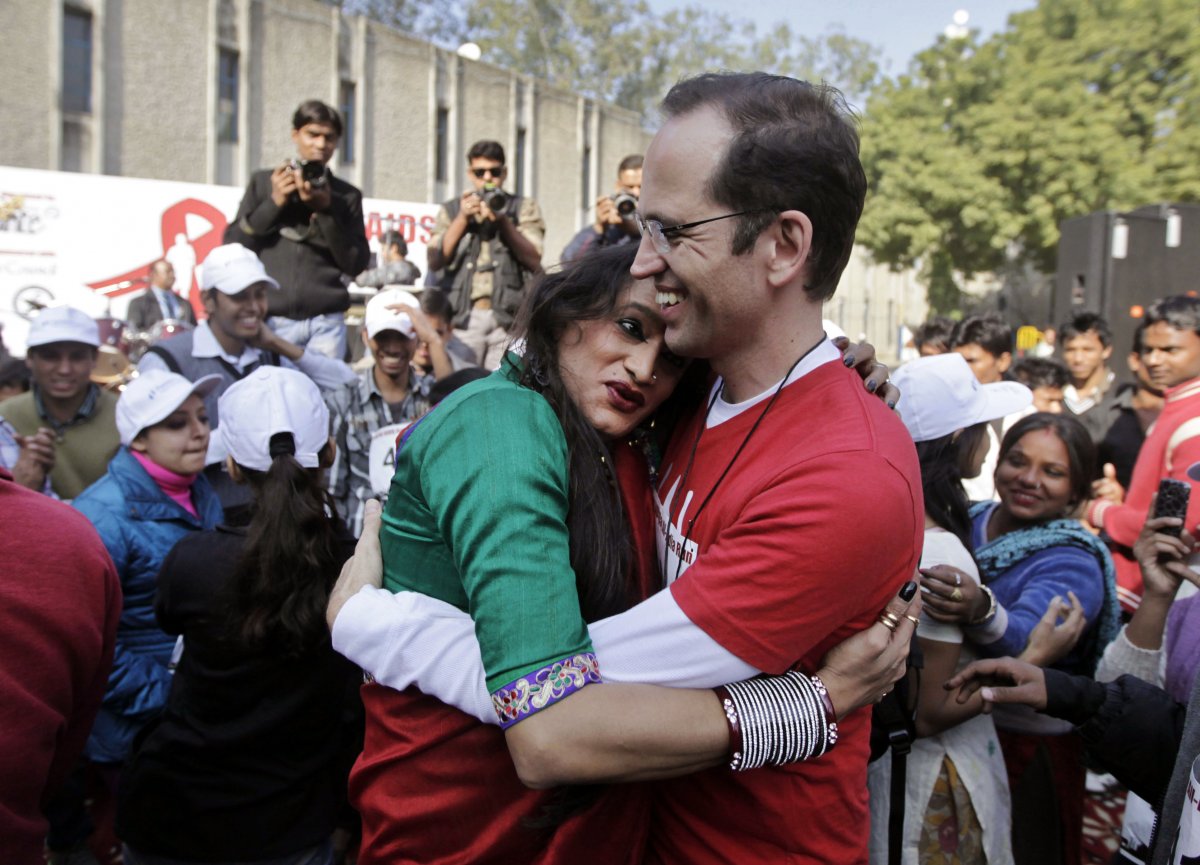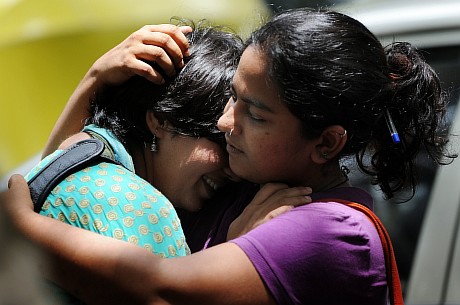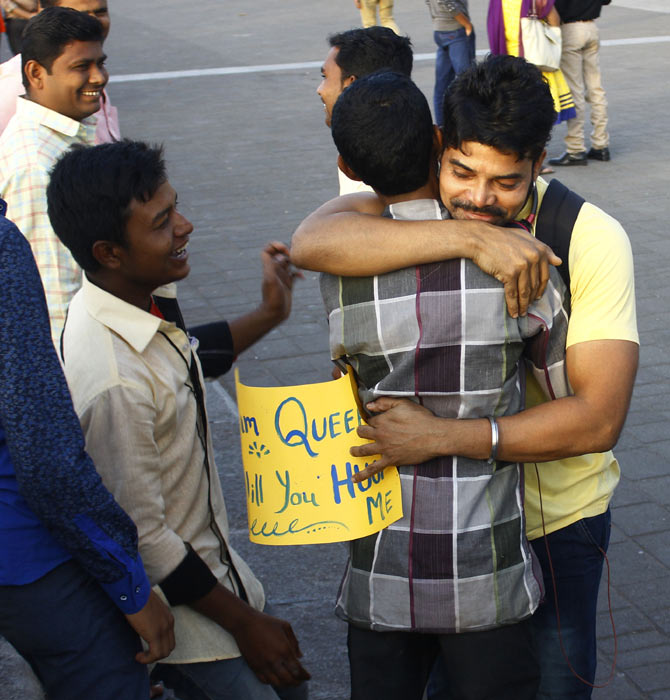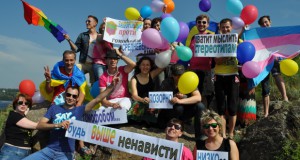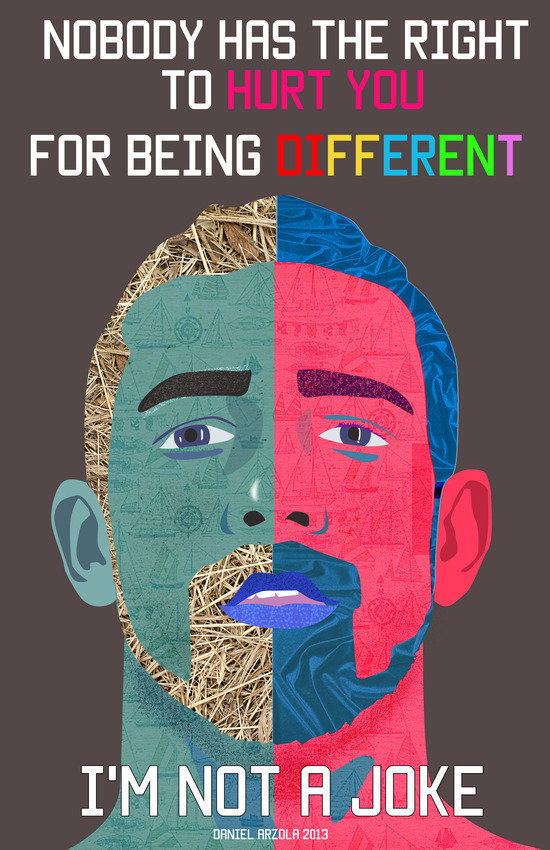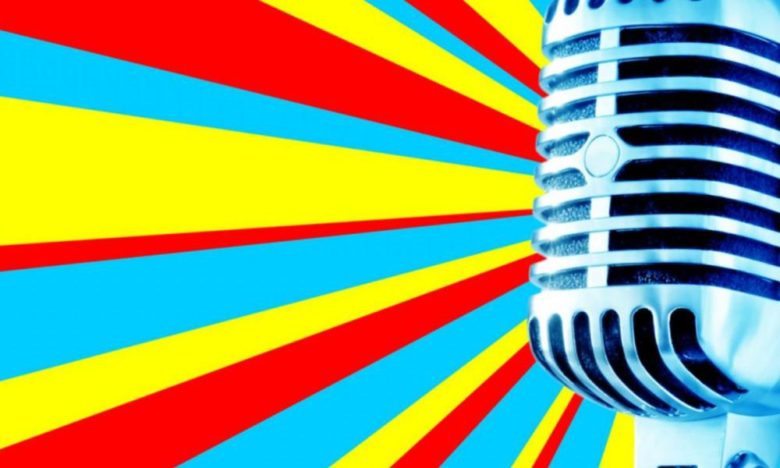October 6, 2015
By Georges Lakey, on Wavingnonviolence.org
When it comes to action, we are pulled by two tendencies that seem compatible but in practice are often in tension. We want our movements to be rational – that is, to strategize well, use resources efficiently, and stay nimble. Yet, on the other hand, we may also want the products of emotion: to experience solidarity, to let empathy connect us with those who haven’t joined us, and to tap the righteous anger that goes with caring about injustice.
In my lifetime social movements have increasingly turned to trainers to increase their learning curve and make actions more effective. However, a movement’s wish to draw on the power of both rationality and emotion poses a challenge for trainers, who are influenced by middle-class bias and traditional education. Class and the academy push trainers to privilege rationality and ignore the wellspring of emotion.
Fortunately, action reasserts the need for both, and training is learning to respond. The movement story in the United States shows the tension, and begins with the civil rights movement of the 1960s.
The civil rights movement didn’t solve this for everyone
The civil rights movement made more breakthroughs than today’s activists have yet caught up with, but that movement’s practice is not a complete answer for us today. I was a trainer in the civil rights movement and saw brilliant use of role play and other experiential tools for preparing to take on white segregationists and brutal police. The tools were helpful in bringing emotions like fear and anger to the surface and, by normalizing them, making them easier to manage.
The fullest positive use of emotion, however, was in the South where black church culture was strongest. Black preachers sought to be charismatic and many were expert in surfacing emotion, mobilizing what they called soul force for the nonviolent struggle. We see this in the film “Selma.”
Some civil rights activists at the time saw the charismatic leadership model as problematic, and in any case the black preacher tradition is not available for most of today’s movements. A practical organizational alternative for mobilizing emotion, however, was unclear. After the civil rights movement faded a few of its members joined others to form in 1971 the Movement for a New Society, or MNS.
In the early days we in MNS discovered “Pedagogy of the Oppressed,” a breakthrough book by the best-known initiator of popular education, Brazilian educator Paolo Freire. Popular education takes sides in the class struggle and honors the wisdom of oppressed people, assisting them through dialogue to name their experience, connect the dots and encourage each other to take action. The tools reassure people who have been told they can’t think well, partly through the facilitator asking questions and showing respect, and partly through the experience of thinking out loud and noticing that others in the group are paying attention.
Our trainers enthusiastically used Freire’s approach, finding that it did elicit more fully the rationality of a group. When MNS combined popular education with the action training born in the civil rights movement, our trainers became in demand around the United States and elsewhere. MNS helped the nonviolent anti-nuclear power movement win its remarkable victory in the late 1970s.
However, a curious phenomenon began popping up in MNS workshops: emotional revolts of participants that most often were expressed at the facilitator team, but also at each other. The workshops’ empowerment tools focused on the rational dimension of the participants. In these mini-revolutions, the group’s emotional life was demanding more attention.
A group in Starhawk’s attic yearns for solidarity
The 1999 Battle of Seattle over corporate-led globalization led to a series of mass confrontations with power holders in the United States and elsewhere. Nonviolent trainers went from city to city, facilitating workshops at each convergence. After a few years, leading activist Starhawk and I called trainers together to take stock of how we were doing. We met in her attic in San Francisco.
Trainers reported multiple successes at working in the midst of chaos, as well as limitations. They also raised strategic questions about the value of mass confrontations that had no concrete or achievable goals.
We turned to skill-sharing, which was fun, and comparisons of analytical frameworks. Suddenly the amicable bunch of trainers turned crabby. We found fault with each others’ comments, but especially distrusted the person who happened, by rotation, to be occupying the facilitator’s chair at the time. Participants urged solutions to our unhappiness: “Let’s go into pairs.” “We need a break.” “We should never have left that earlier point of disagreement.” “Maybe a group song would help.”
Nothing worked. I was as lost as anyone while a storm raged within the group. The facilitator looked flattened. One of the participants lost it, dramatically. Then a respected group member expressed vulnerability. Suddenly, the sun came out, we hugged whoever was near us, we laughed and paused for tea.
Only then did I realize we’d experienced an emotional process that sometimes shows up in groups. We started with our “honeymoon” period when everyone was making nice, then began the raw conflict when people showed more of themselves while peacemakers tried the impossible: to find rational solutions to our pain. Finally, we experienced the breakthrough into community and became, to use organizational development jargon, a “high-performance team.”
I remembered that a group generates a storm when its members want to experience acceptance for the deeper layers of themselves, including differences that they have been, up until then, keeping under wraps. In short, they want closeness, because human beings happen to be social animals.
The rational model suggests that group members could state differences and negotiate common ground in order to gain the solidarity needed for action. True enough, for low-risk, low-stakes action. However, movements often have high stakes that require members to endure fatigue and high stress, execute detailed teamwork, take big risks and draw deep support from their comrades. Nearly everyone has seen this in movies, including sports and war movies, in which a team or platoon that includes members who could never get along back home have together gained a win.
Movements often state goals that require this level of struggle to achieve, and so attract participants who expect to find the support to “go there” — but do not find it. Middle-class control trumps effectiveness in those movements, having only its rationality to offer. In Starhawk’s attic those present would not have asked, in so many words, for that bonding — it would have seemed corny or naïve. Instead, we created it emotionally, by storming.
The good news is that facilitators can be trained to recognize the early signs of a storm brewing and techniques for supporting the storm when it comes. The bad news is that facilitators rarely seek that training, or the other techniques for assisting groups to access their unconscious resources. As with traditional education, popular education did not go there.
Trainers invent direct education to support solidarity-based action
The group of activists who founded Training for Change in the 1990s developed over time a training practice that could make the most of what happened in Starhawk’s attic, and harnessed other group dynamics that support empowered action. Training for Change trainers knew the tools of the civil rights movement and the popular education used by MNS, so we started there. However, we also turned to the resource of emotion, incorporating insights on group dynamics reflected in, among other places, Starhawk’s book “Dreaming the Dark” and psychologist Arnold Mindell’s book “Sitting in the Fire.” My book “Facilitating Group Learning” summarizes a decade of discoveries about both the rational and emotional life of the group, and shares methods that work best across many cultural boundaries. Significantly, this was the action training approach that attracted the widest range of groups, from religious organizations to anarchists to nonprofits to labor unions.
Direct education gets push-back from those who limit learning to the conscious, rational realm, including those who believe that social change happens through wielding abstract academic language like “code-switching” or “intersectionality.”
Our experience is that, when groups bring forth real-world conflicts in the training room, participants get the chance to go to a deeper place and experience the behaviors that abstract words were invented to represent. Supporting conflict in the moment even helps some participants to un-hook from the class-formed attachment to words and become more present to what’s really happening. Actions that flow from such a process are more likely to have an impact on the real world of injustice, because those actions come from experience rather than words.
But what about ‘triggers?’
Conflict-friendly pedagogy contradicts a current assumption in anti-oppression circles that the goal in, for example, achieving racial justice is protection. That assumption gives the facilitator the job of outlining rules to prevent conflict. In some classrooms professors are asked to give “trigger alerts” when material is coming that might in some way be experienced as oppressive.
I believe this trend is anti-liberation. It further empowers power holders, asking authorities (in this case, teachers) to take even more responsibility to monitor and control. It disempowers those who have suffered oppression, by assuming they can’t stand up for themselves when an insult appears. It excuses facilitators from the task of supporting participants to develop the muscles to fight for their own liberation.
The vision implicit in the current trend is to produce hot-house plants who can bloom only with shelter, called a “safe place.” That vision leaves me indignant: my gay and working-class self has grown in personal power in the real world where micro-aggressions abound. In fact, living in the real world helps motivate me to fight for broader change rather than retreat into yet another version of privilege where I will be insulated from the real world.
This well-meaning vision is, because of its classist roots, a version of the gated community.
Trauma survivors need and deserve support. Checking with the facilitator ahead of time might devise options that empower. Depending on the person’s own degree of healing, a particular workshop may or may not work for them. That may especially be true of train-the-trainer workshops, because new trainers need to unlearn reactivity and stay present with aggression that surfaces in a learning group.
The origin of direct education, with its roots in the civil rights movement and its use among oppressed groups that do stand up, insists on a distinction between safety and comfort. In a workshop the facilitator assists members of a group to be both safe and uncomfortable, because discomfort is where the greatest learning and growth are.
Needless to say, today’s movements need the steepest learning curve they can generate.
